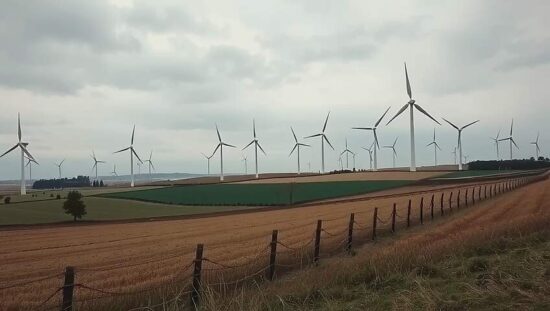Just days before the commencement of the World Climate Conference in Belém, the European Union is reportedly poised to subtly relax its ambitious climate target for 2040, raising concerns about the bloc’s commitment to genuine decarbonization. While the official target remains a 90% reduction in greenhouse gas emissions by 2040 compared to 1990 levels, a draft proposal obtained by the Handelsblatt reveals that this goal will be significantly eased through the inclusion of international carbon credits.
Several major EU member states, including France, Italy and Poland, are expected to push for an expansion of this “flexibility” to a five-percentage-point allowance during a vote scheduled for Tuesday. Germany is also reportedly considering aligning with this shift. If successful, this adjustment would necessitate a reduction of only 85% in EU emissions relative to 1990 levels, a considerable deviation from the current, more stringent trajectory. The EU has presently achieved a reduction of approximately 37-40% in its emissions.
The alteration isn’t merely a technical adjustment; it reflects a strategic calculation linked to forthcoming international climate negotiations. The EU’s 2040 target serves as a foundational element for determining the bloc’s commitments within the United Nations framework. The adjusted 2040 goal would likely translate to an international pledge of a 72.5% reduction in emissions by 2035 – the target the EU intends to present at the Belém conference.
Critics are already voicing concerns that this maneuver undermines the EU’s reputation as a climate leader and risks encouraging a global race to the bottom regarding environmental commitments. The reliance on international credits raises questions about the stringency and verifiability of those reductions, potentially allowing some member states to meet their targets without implementing substantive domestic climate policies. The timing of this policy shift, occurring so close to a crucial international climate summit, has amplified suspicions of a politically driven weakening of long-term environmental ambitions. The debate underscores a persistent tension within the EU: balancing ambitious climate aspirations with the economic and political realities of its diverse member states.





